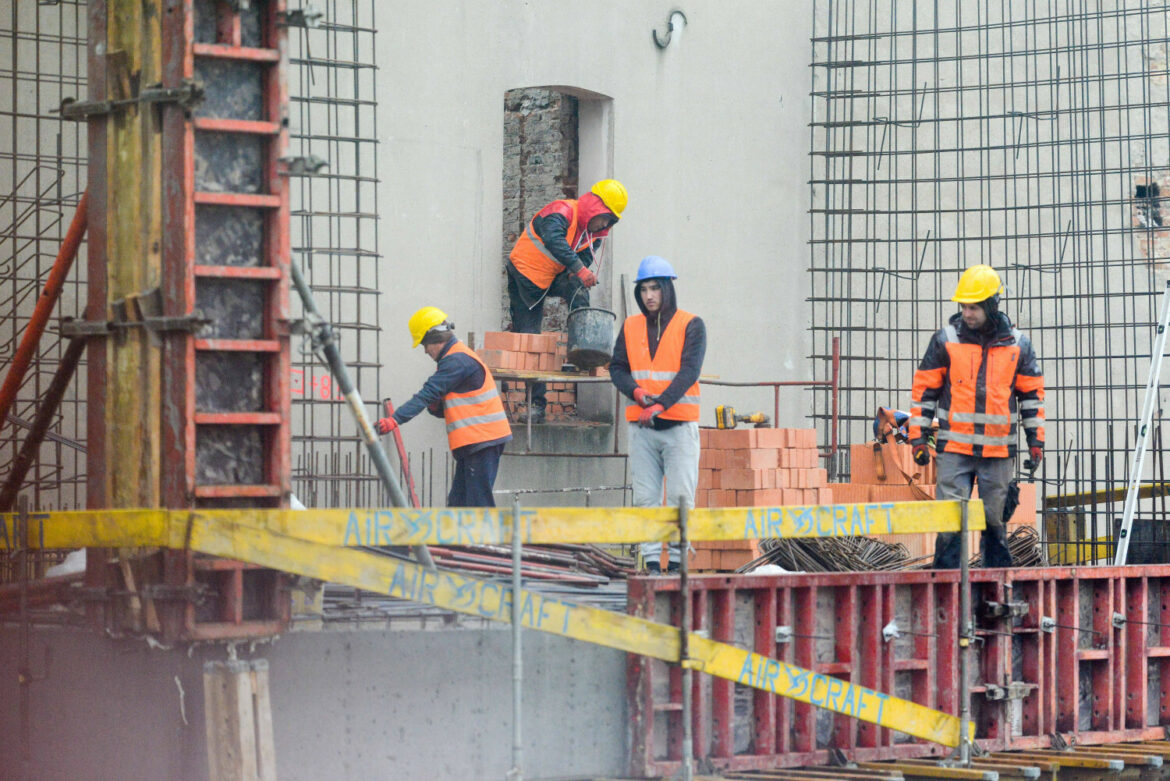The government has announced a record increase in the minimum wage for 2024, presenting both employers and employees with new challenges. Small business owners and the construction industry sector are most concerned about rising labour costs.
The year 2024 has introduced significant changes to the minimum wage. On 14 September 2023, the government’s decision to increase the minimum wage by a record 20% was announced. It was a response to the long-running debate regarding fair remuneration for work.
The minimum wage from 1 January 2024 to 30 June 2024 is PLN 4242 gross, (hourly rate of PLN 27.70 gross). From 1 July 2024 it will be PLN 4300 gross, (hourly rate of PLN 28.10 gross).
It is estimated that around 3.6 million people in Poland receive the minimum wage. The lowest-earning employees are showing enthusiasm, but experts are sounding the alarm. The decision on such significant increases also has its dark side; it will have a huge impact on the country’s overall economic situation, including the labour market, inflation, and consumption.
“The differences in workers’ reactions to the record increase in the minimum wage are noticeable. Some rejoice at the prospect of higher wages, which will certainly benefit their day-to-day functioning. However, there is also a group of employees who express some concern about the short-term nature of these changes”, says Ewelina Gawlik, president of the Nova Praca Group agency.
Increases in the minimum wage raise questions about how to cover the increase in labour costs. Entrepreneurs are wondering whether it is possible to maintain the financial stability of the company while meeting obligations to employees.
Sectors of the economy related to manufacturing, such as the construction sector, are concerned about the negative effects of minimum wage increases. “An increase in labour costs may lead to the need to raise prices of services or products, which in turn may affect the competitiveness of companies on the market”, adds Ewelina Gawlik.
Adrian Andrzejewski





